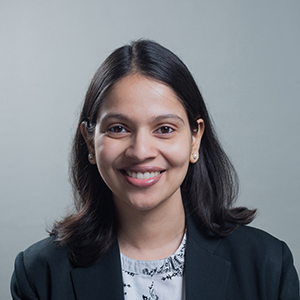
Gender and Disability Inclusion in Urban Development
More than half the world’s population (55 per cent) lives in urban areas, a figure projected to reach 68 per cent by 2050. Cities can either foster inclusion or perpetuate exclusion, based on their design. However, so far, rapid, unplanned urbanisation in India has presented serious challenges in the creation and maintenance of critical social and physical urban infrastructure – housing, transportation and mobility, water, sanitation and hygiene (WASH), to name a few. This has a detrimental impact on the quality of life for all, but particularly vulnerable groups such as women and girls, persons with disabilities, elderly persons, urban poor among others.
From an examination of existing legal and policy frameworks on urban development, the key issue that emerges is the lack of consideration given to the diversity of urban users and their varying needs. While many factors are responsible for this, the absence of a decentralised, people-centric approach and a coordination among various government agencies are the major reasons why the needs of diverse, vulnerable groups are not reflected in dominant paradigms of urban design. For instance, while gender equality and disability inclusion are outlined as goals both at the global and the national level, their realisation in the urban context lies with the state and municipal authorities.
This policy brief highlights the specific vulnerabilities faced by women, girls and persons with disabilities in the city, and advocates for their inclusion through the adoption of participatory, gender transformative approaches. It recommends a multi-pronged, coordinated approach with recommendations at the National, State and Municipal level, along with general recommendations for systemic reform aimed at strengthening local institutions, promoting decentralised participatory planning and design, and increasing political representation of women and persons with disabilities in planning and governance.
We believe that adopting such gender transformative approaches would be critical to ensure inclusive cities. Designing safe, accessible and affordable urban transport and mobility infrastructure that accounts for the needs of persons with disabilities and their caregivers, is essential. In addition, extensive WASH coverage with public sanitation facilities that are free and accessible, robust digital infrastructure that is accessible and affordable to women, girls and persons with disabilities are some of the key steps that need to be taken.
To read the policy brief in English or Hindi, please download from the links given below. Please note that the PDFs below are accessible for persons with disabilities.
The policy brief was prepared by Vidhi Centre for Legal Policy for the UN Resident Coordinator’s Office, in support of a joint initiative between UN in India and the National Institute of Urban Affairs.


